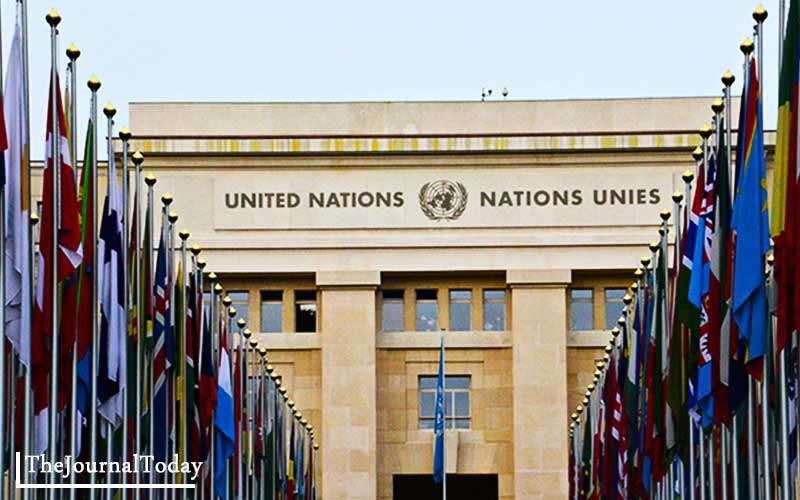Agenda 21, a United Nation’s infamous programme that plans to depopulate 95% of the world by 2030. A plan most unheard of and quite ambiguous in nature; formulated by the United Nations Department of Economic and Social Affairs, Division for Sustainable Development, apparently as a sub-part of a sustainability policy.
United Nation’s Agenda 21
According to Agenda 21 published on United Nation’s website states,
“In order to meet the challenges of environment and development, States have decided to establish a new global partnership.”
The policy further states that,
“all States must engage in a continuous and constructive dialogue, inspired by the need to achieve a more efficient and equitable world economy…”
“The development and environmental objectives of Agenda 21 will require a substantial flow of new and additional financial resources to developing countries, in order to cover the incremental costs for the actions they have to undertake to deal with global environmental problems and to accelerate sustainable development.”
The policy also states,
“The programme areas that constitute Agenda 21 are described in terms of the basis for action, objectives, activities and means of implementation. Agenda 21 is a dynamic programme. It will be carried out by the various actors according to the different situations, capacities and priorities of countries and regions in full respect of all the principles contained in the Rio Declaration on Environment and Development. It could evolve over time in the right of changing needs and circumstances. This process marks the beginning of a new global partnership for sustainable development.”
In simple words, the policy intends for all governments to seize control of all land use and strike away decision making authority from private property ownership. The policy assumes that humans are not capable enough to take proper care required in owning a land and it would benefit the sustainable environmental plan course if governments implements control over lands.
Basically, as stated on their website, Agenda 21 is a,
“comprehensive plan of action to be taken globally, nationally and locally by organizations of the United Nations System, Governments, and Major Groups in every area in which human impacts on the environment.”
The needs of communities financially, and individual rights are to be determined by the governing body. And, people must reside near allotted human settlements, or islands secured for human habitation which is close to employment centers and transportation. Alongside this existing policy, a programme called “Wildlands Project” focuses on land disputes to be set aside for non-human settlements.
The Agenda 21 date back to circa 1970s but got it’s head start in 1992 at the Earth Summit in Rio de Janeiro when then President Bush of the United States of America signed onto the policy. The latter President Clinton signed and so did the other presiding presidents thereafter.
Agenda 21 is more like a governing “soft-law” which does not require a majority vote by any congress. A non-governmental organization,
“International Council of Local Environmental Initiatives,”
is tasked with carrying out the goals of Agenda 21.
For more in-depth knowledge about the Agenda 21 policy, visit United Nation’s Sustainable Development website under which the PDF is upload for public’s view.
